justineanweiler.com – The rapid evolution of artificial intelligence (AI) in search technology is reshaping the digital economy, but not without significant risks, according to a leading researcher. While AI-driven search engines, such as chatbots and large language models (LLMs), promise faster, more personalized results, they also pose unprecedented challenges to key sectors of the digital economy, including advertising, content creation, and e-commerce.
The Rise of AI-Driven Search
AI search engines have transformed how users interact with the internet. Instead of traditional search result lists, users now receive direct, conversational answers, often bypassing the need to click through websites. This streamlined experience saves time but disrupts the traditional flow of internet traffic, which has long fueled the digital advertising industry.
“AI search systems are not just refining how we find information; they’re fundamentally altering the internet’s business model,” warns Dr. Emily Carter, a digital economy researcher at the University of Cambridge. “When fewer users click on traditional search results, advertising revenues drop, affecting not just tech giants but also small businesses that rely on web traffic.”
Impacts on the Advertising Sector
Google and other search engines have historically relied on ad revenues, with pay-per-click models supporting everything from major brands to local enterprises. However, AI search reduces the visibility of these ads, placing businesses in a precarious position. Traditional ads embedded in search results may become less effective, forcing companies to explore alternative strategies like influencer marketing, direct social media engagement, or even partnerships with AI platforms.
Content Creators Under Pressure
Another casualty of AI search dominance is the content creation industry. Publishers, bloggers, and news organizations depend on search engine traffic for revenue. AI systems that generate answers based on existing content often do so without driving readers to the source, a practice critics describe as content “scraping.” If readers no longer visit original sources, the incentive to produce high-quality, in-depth articles diminishes, leading to a potential “content vacuum.”
“We’re entering an era where AI can harvest content faster than ever, but the ecosystem that supports content creation is crumbling,” Dr. Carter notes. She emphasizes the need for regulatory frameworks that ensure AI systems fairly compensate content creators for their contributions.
E-Commerce Disruption
E-commerce is also feeling the ripple effects. AI search engines can consolidate product recommendations within their answers, potentially sidelining online marketplaces like Amazon. Instead of browsing a variety of retailers, users might receive one streamlined recommendation, limiting consumer choice and competition. This could entrench monopolies in the online retail space, further concentrating market power in the hands of tech giants.
The Need for Regulation
Given the sweeping economic implications, there is a growing consensus among experts that governments must intervene. Proposed solutions range from requiring AI systems to display clear source attribution to implementing revenue-sharing agreements between AI developers and content creators.
“The digital economy thrives on a delicate balance between innovation and fair competition,” Dr. Carter stresses. “We must ensure that AI technologies, as powerful as they are, operate within ethical and economic boundaries that preserve this balance.”
A Double-Edged Sword
While AI search engines promise greater efficiency and convenience for users, the cost to the digital economy is becoming increasingly clear. Without thoughtful intervention, the very systems designed to enhance online experiences could undermine the economic infrastructure that supports them.
As AI technology continues to advance, the world watches with anticipation—and apprehension—wondering how the digital economy will evolve in response to this disruptive force.



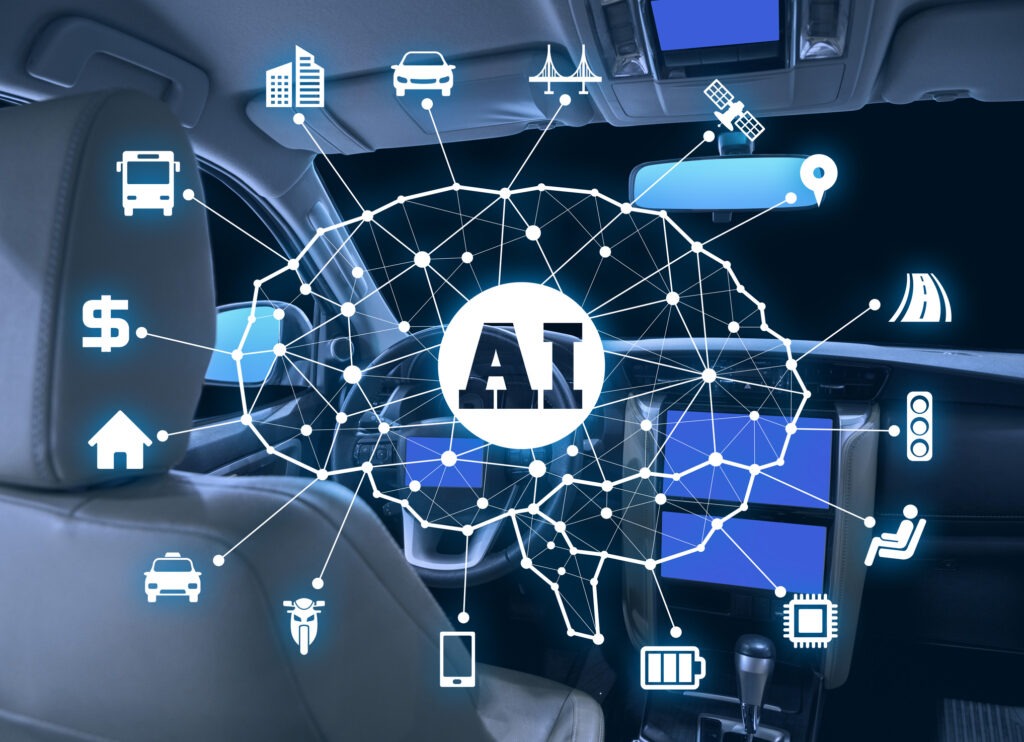
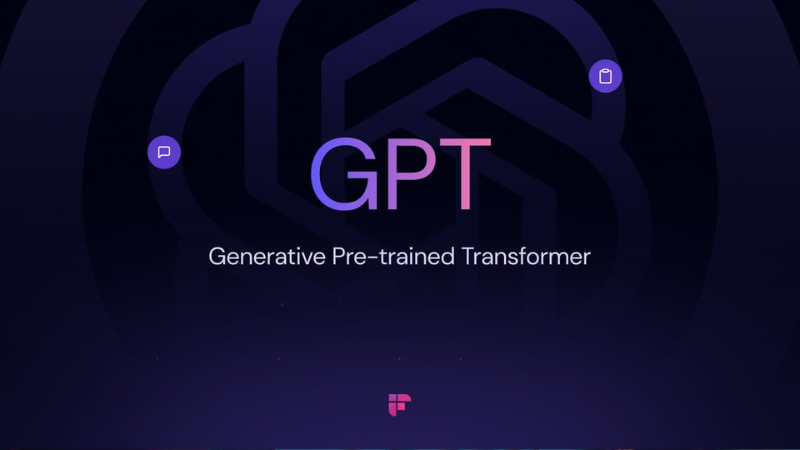





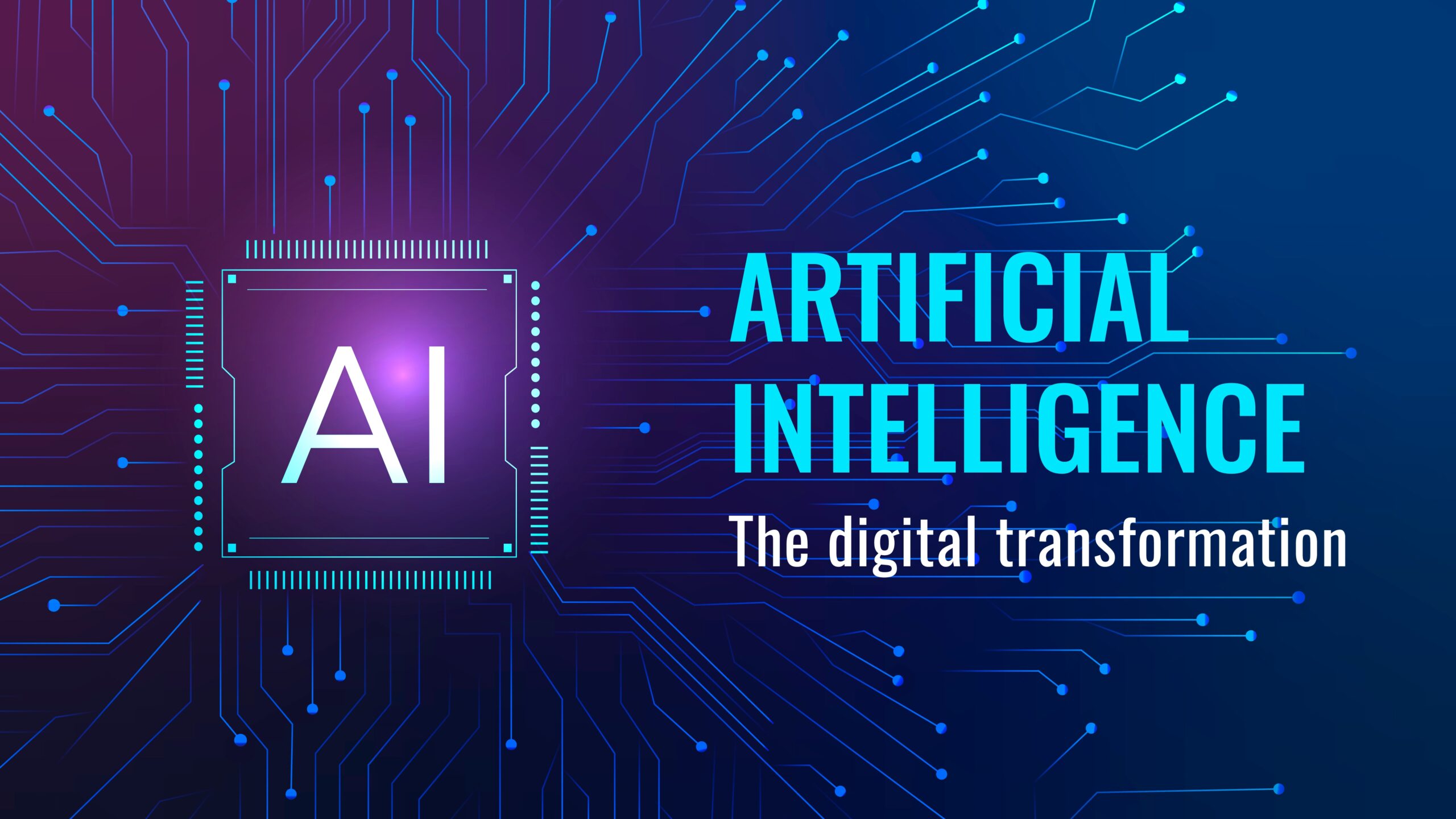
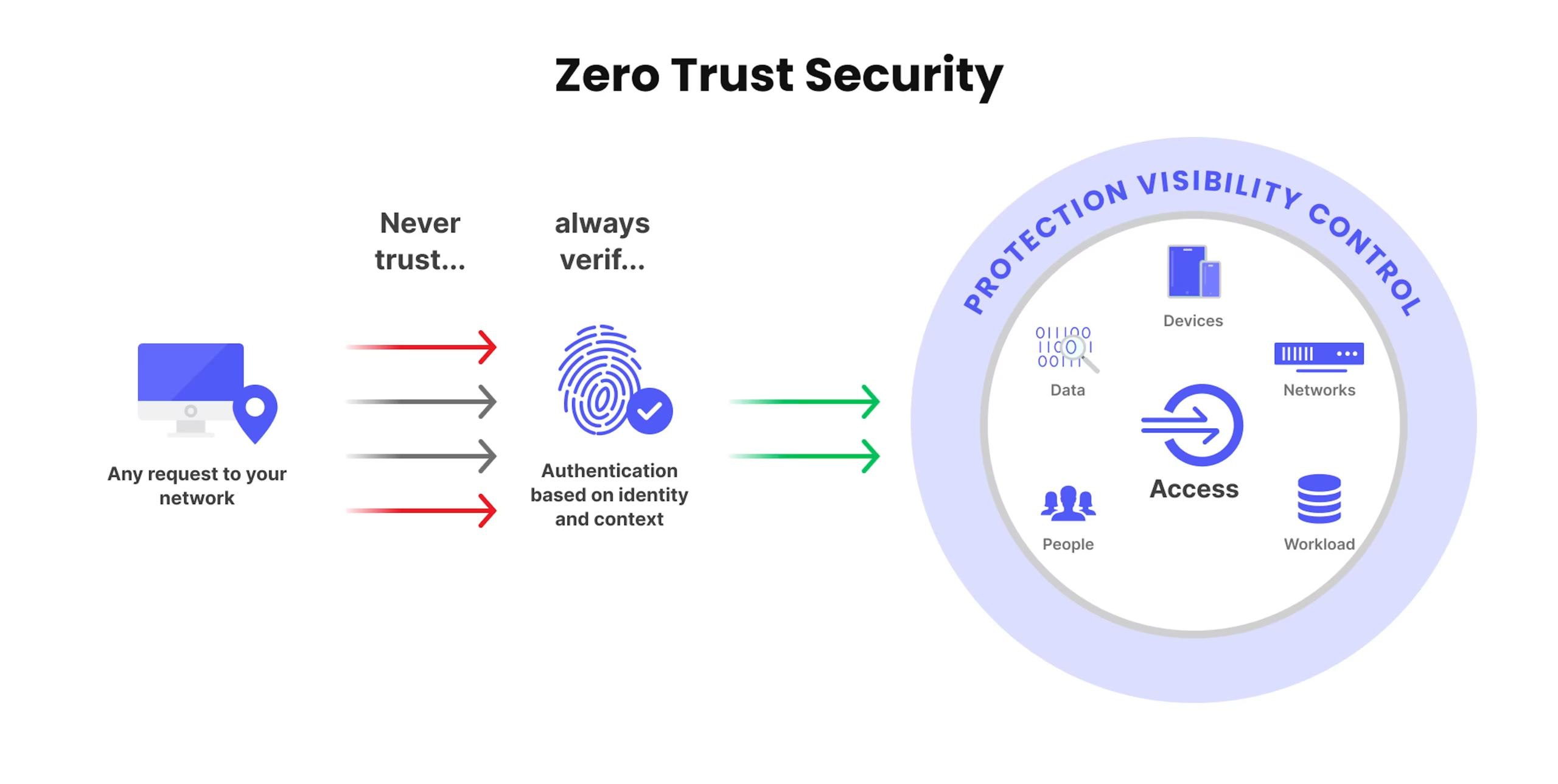

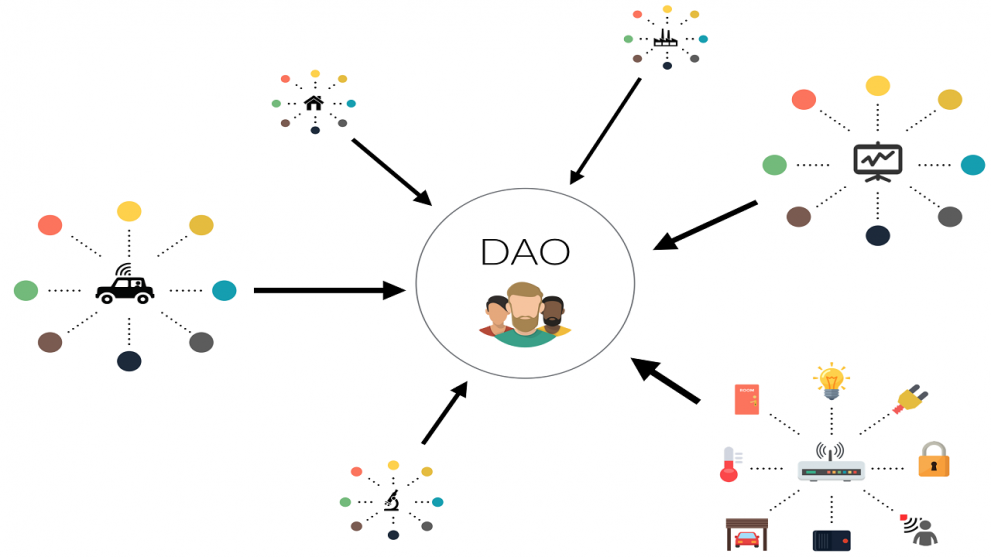
Leave a Reply